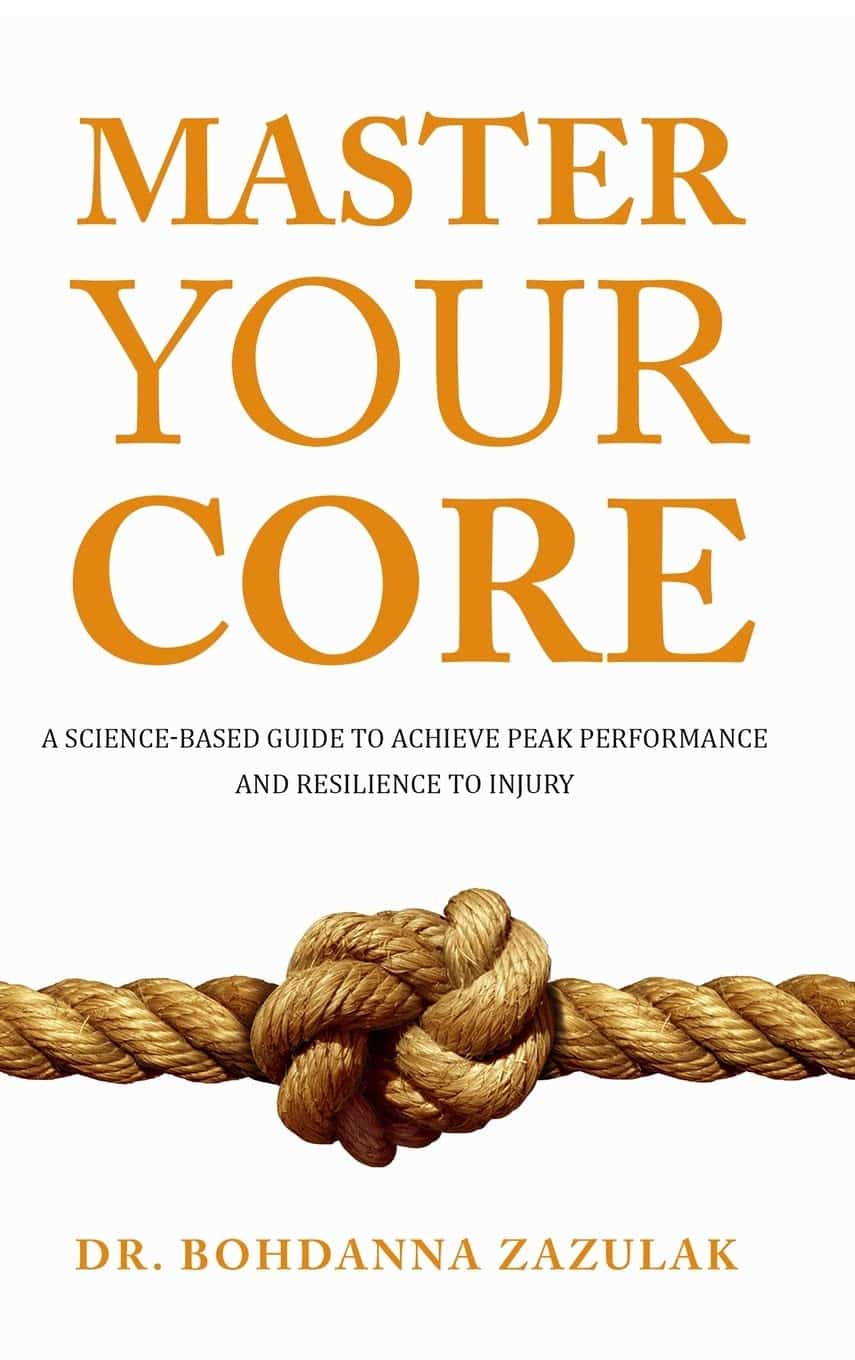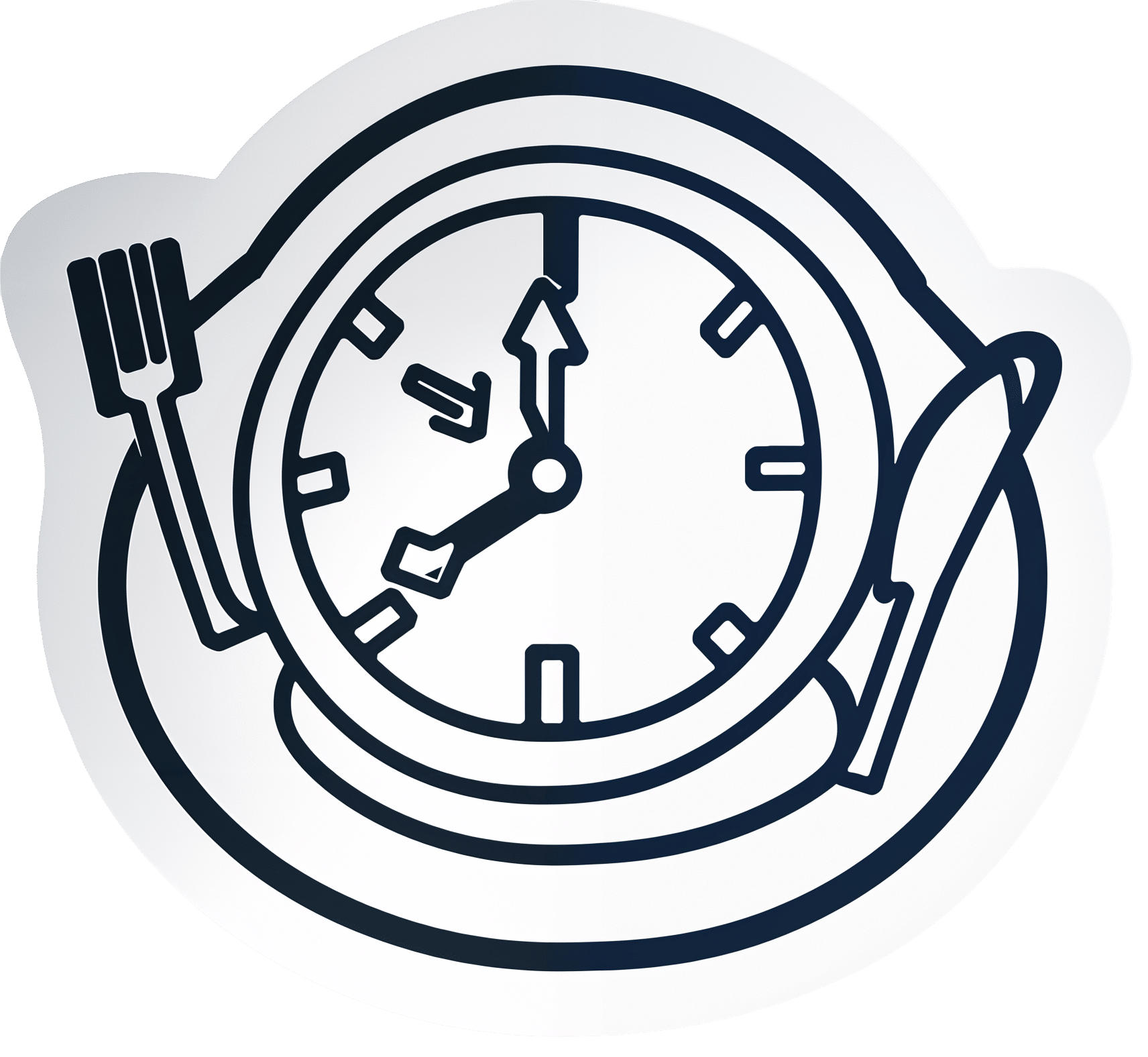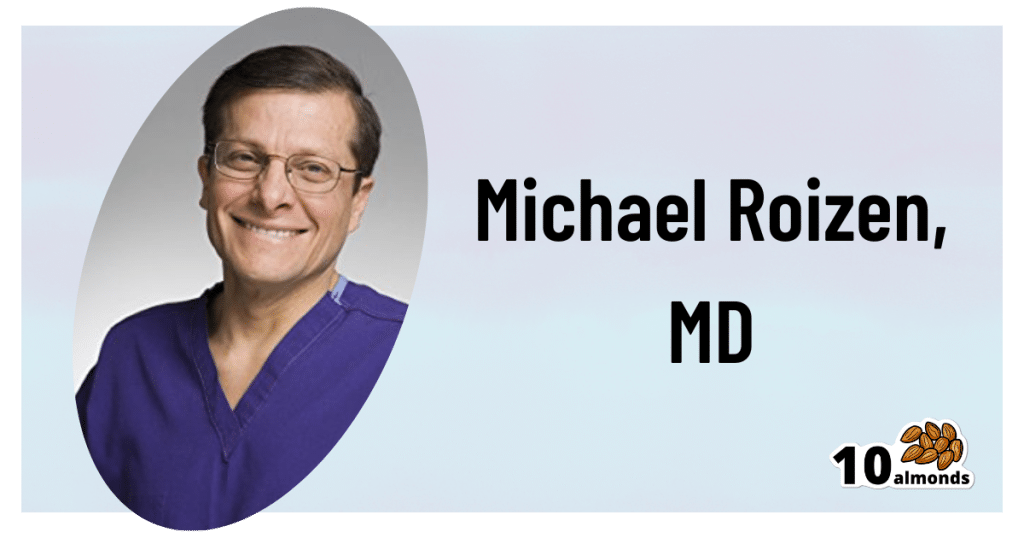
Mythbusting The Big O
10almonds is reader-supported. We may, at no cost to you, receive a portion of sales if you purchase a product through a link in this article.
“Early To Bed…”
In yesterday’s newsletter, we asked you for your (health-related) views on orgasms.
But what does the science say?
Orgasms are essential to good health: True or False?
False, in the most literal sense. One certainly won’t die without them. Anorgasmia (the inability to orgasm) is a condition that affects many postmenopausal women, some younger women, and some men. And importantly, it isn’t fatal—just generally considered unfortunate:
Anorgasmia Might Explain Why You’re Not Orgasming When You Want To
That article focuses on women; here’s a paper focusing on men:
Orgasms are good for the health, but marginally: True or False?
True! They have a wide array of benefits, depending on various factors (including, of course, one’s own sex). That said, the benefits are so marginal that we don’t have a flock of studies to cite, and are reduced to pop-science sources that verbally cite studies that are, alas, nowhere to be found, for example:
- For women: 9 Orgasm Benefits That Might Surprise You
- For men: 9 Ways Orgasms May Benefit Your Health
Doubtlessly the studies do exist, but are sparse enough that finding them is a nightmare as the keywords for them will bring up a lot of studies about orgasms and health that aren’t answering the above question (usually: health’s affect on orgasms, rather than the other way around).
There is some good science for post-menopausal women, though! Here it is:
Misconceptions About Sexual Health in Older Women
(if you have the time to read this, this also covers many very avoidable things that can disrupt sexual function, in ways that people will errantly chalk up to old age, not knowing that they are missing out needlessly)
Orgasms are good or bad, depending on being male or female: True or False
False, broadly. The health benefits are extant and marginal for almost everyone, as indicated above.
What’s that “almost” about, then?
There are a very few* people (usually men) for whom it doesn’t go well. In such cases, they have a chronic and lifelong problem whereby orgasm is followed by 2–7 days of flu-like and allergic symptoms. Little is known about it, but it appears to be some sort of autoimmune disorder.
Read more: Post-orgasmic illness syndrome: history and current perspectives
*It’s hard to say for sure how few though, as it is surely under-reported and thus under-diagnosed; likely even misdiagnosed if the patient doesn’t realize that orgasms are the trigger for such episodes, and the doctor doesn’t think to ask. Instead, they will be busy trying to eliminate foods from the diet, things like that, while missing this cause.
Orgasms are better avoided for optimal health: True or False?
Aside from the above, False. There is a common myth for men of health benefits of “semen retention”, but it is not based in science, just tradition. You can read a little about it here:
The short version is: do it if you want; don’t if you don’t; the body will compensate either way so it won’t make a meaningful difference to anything for most people, healthwise.
Small counterpoint: while withholding orgasm (and ejaculation) is not harmful to health, what does physiologically need draining sometimes is prostate fluid. But that can also be achieved mechanically through prostate milking, or left to fend for itself (as it will in nocturnal emissions, popularly called wet dreams). However, if you have problems with an enlarged prostate, it may not be a bad idea to take matters into your own hands, so to speak. As ever, do check with your doctor if you have (or think you may have) a condition that might affect this.
One final word…
We’re done with mythbusting for today, but we wanted to share this study that we came across (so to speak) while researching, as it’s very interesting:
On which note: if you haven’t already, consider getting a “magic wand” style vibe; you can thank us later (this writer’s opinion: everyone should have one!).
Top tip: do get the kind that plugs into the wall, not rechargeable. The plug-into-the-wall kind are more powerful, and last much longer (both “in the moment”, and in terms of how long the device itself lasts).
Enjoy!
Don’t Forget…
Did you arrive here from our newsletter? Don’t forget to return to the email to continue learning!
Recommended
Learn to Age Gracefully
Join the 98k+ American women taking control of their health & aging with our 100% free (and fun!) daily emails:
-
Master Your Core – by Dr. Bohdanna Zazulak
10almonds is reader-supported. We may, at no cost to you, receive a portion of sales if you purchase a product through a link in this article.
In the category of “washboard abs”, this one isn’t particularly interested in how much or how little fat you have. What it’s more interested in is a strong, resilient, and stable core. Including your abs yes, but also glutes, hips, and back.
Nor is the focus on superhuman feats of strength, though certainly one could use these exercises to work towards that. Rather, here we see importance placed on functional performance, mobility, and stability.
Lest mobility and stability seem at odds with each other, understand:
- By mobility we mean the range of movement we are able to accomplish.
- By stability, we mean that any movement we make is intentional, and not because we lost our balance.
Functional performance, meanwhile, is a function of those two things, plus strength.
How does the book deliver on this?
There are exercises to do. Exercises of the athletic kind you might expect, and also exercises including breathing exercises, which gets quite a bit of attention too. Not just “do abdominal breathing”, but quite an in-depth examination of such. There are also habits to form, and lifestyle tweaks to make.
Of course, you don’t have to do all the things she suggests. The more you do, the better results you are likely to get, but if you adopt even some of the practices she recommends, you’re likely to see some benefits. And, perhaps most importantly, reduce age-related loss of mobility, stability, and strength.
Bottom line: a great all-rounder book of core strength, mobility, and stability.
Click here to check out Master Your Core and enjoy the more robust health that comes with it!
Share This Post
-
Strategic Wellness
10almonds is reader-supported. We may, at no cost to you, receive a portion of sales if you purchase a product through a link in this article.
Strategic Wellness: planning ahead for a better life!
This is Dr. Michael Roizen. With hundreds of peer-reviewed publications and 14 US patents, his work has been focused on the importance of lifestyle factors in healthy living. He’s the Chief Wellness Officer at the world-famous Cleveland Clinic, and is known for his “RealAge” test and related personalized healthcare services.
If you’re curious about that, you can take the RealAge test here.
(they will require you inputting your email address if you do, though)
What’s his thing?
Dr. Roizen is all about optimizing health through lifestyle factors—most notably, diet and exercise. Of those, he is particularly keen on optimizing nutritional habits.
Is this just the Mediterranean Diet again?
Nope! Although: he does also advocate for that. But there’s more, he makes the case for what he calls “circadian eating”, optimally timing what we eat and when.
Is that just Intermittent Fasting again?
Nope! Although: he does also advocate for that. But there’s more:
Dr. Roizen takes a more scientific approach. Which isn’t to say that intermittent fasting is unscientific—on the contrary, there’s mountains of evidence for it being a healthful practice for most people. But while people tend to organize their intermittent fasting purely according to convenience, he notes some additional factors to take into account, including:
- We are evolved to eat when the sun is up
- We are evolved to be active before eating (think: hunting and gathering)
- Our insulin resistance increases as the day goes on
Now, if you’ve a quick mind about you, you’ll have noticed that this means:
- We should keep our eating to a particular time window (classic intermittent fasting), and/but that time window should be while the sun is up
- We should not roll out of bed and immediately breakfast; we need to be active for a bit first (moderate exercise is fine—this writer does her daily grocery-shopping trip on foot before breakfast, for instance… getting out there and hunting and gathering those groceries!)
- We should not, however, eat too much later in the day (so, dinner should be the smallest meal of the day)
The latter item is the one that’s perhaps biggest change for most people. His tips for making this as easy as possible include:
- Over-cater for dinner, but eat only one portion of it, and save the rest for an early-afternoon lunch
- First, however, enjoy a nutrient-dense protein-centric breakfast with at least some fibrous vegetation, for example:
- Salmon and asparagus
- Scrambled tofu and kale
- Yogurt and blueberries
Enjoy!
Share This Post
-
Workout Advice For Busy People
10almonds is reader-supported. We may, at no cost to you, receive a portion of sales if you purchase a product through a link in this article.
Hampton at Hybrid Calisthenics always has very sound advice in his uplifting videos, and this one’s no exception:
Key tips for optimizing workouts without burning out
“We all have the same 24 hours” is a folly when in fact, some of us have more responsibilities and/or other impediments to getting things done (e.g. disabilities).
A quick word on disabilities first: sometimes people are quick to point out Paralympian athletes, and “if they can do it, so can you!” and forget that these people are in the top percentile of the top percentile of the top percentile of human performance. If you wouldn’t disparagingly say “if Simone Biles/Hussein Bolt/Michael Phelps can do it, so can you”, then don’t for Paralympians either 😉
Now, as for Hampton’s advice, he recommends:
Enjoy short, intense workouts:
- You can get effective results in under 30 minutes (or even just a few minutes per day) with compound exercises (e.g., squats, pull-ups).
- Focus on full-body movements also saves time!
- Push closer to failure when possible to maximize efficiency. It’s the last rep where most of the strength gains are made! Same deal with cardiovascular fitness, too. Nevertheless, do take safety into account in both cases, of course.
Time your rest periods:
- Resting for 2–3 minutes between sets ensures optimal recovery.
- Avoid getting distracted during rest by setting a timer to stay focused.
- 10almonds tip: use this time to practice a mindfulness meditation. That will greatly reduce the chance of you becoming distracted.
Remember holistic fitness:
- Fitness isn’t just about exercise; diet, sleep, and stress management are equally important for your fitness as much as for the rest of your health.
- Better sleep and reduced stress will help you exercise more consistently and avoid junk food.
Address burnout:
- If feeling too exhausted to apply these tips, focus on getting better rest and reducing stress first.
- Taking a short break to reset can help in the long run.
For more on all of this, enjoy:
Click Here If The Embedded Video Doesn’t Load Automatically!
Want to learn more?
You might also like to read:
- How To Do High Intensity Interval Training (Without Wrecking Your Body)
- How To Rest More Efficiently (Yes, Really)
Take care!
Share This Post
Related Posts
-
Pelvic Floor Exercises (Not Kegels!) To Prevent Urinary Incontinence
10almonds is reader-supported. We may, at no cost to you, receive a portion of sales if you purchase a product through a link in this article.
It’s a common threat, and if you think it couldn’t happen to you, then well, just wait. Happily, Dr. Christine Pieton, PT, DPT, a sport & women’s health physical therapist, has advice:
On the ball!
Or rather, we’re going to be doing ball-squeezing here, if you’ll pardon the expression. You will need a soccer-ball sized ball to squeeze.
Ball-squeeze breathing: lie on your back, ball between your knees, and inhale deeply, expanding your torso. Exhale, pressing your knees into the ball, engaging your abdominal muscles from lower to upper. Try to keep your spine long and avoid your pelvis tucking under during the exhalation.
Ball-squeeze bridge: lie on your back, ball between your knees, inhale to prepare, and then exhale, pressing up into a bridge, maintaining a firm pressure on the ball. Inhale as you lower yourself back down.
Ball-squeeze side plank: lie on your side this time, ball between your knees, supporting forearm under your shoulder, as in the video thumbnail. Inhale to prepare, and then exhale, lifting your hip a few inches off the mat. Inhale as you lower yourself back down.
Ball-squeeze bear plank: get on your hands and knees, ball between your thighs. Lengthen your spine, inhale to prepare, and exhale as you bring your knees just a little off the floor. Inhale as you lower yourself back down.
For more details and tips on each of these, plus a visual demonstration, plus an optional part 2 video with more exercises that aren’t ball-squeezes this time, enjoy:
Click Here If The Embedded Video Doesn’t Load Automatically!
Want to learn more?
You might also like to read:
Psst… A Word To The Wise About UTIs
Take care!
Don’t Forget…
Did you arrive here from our newsletter? Don’t forget to return to the email to continue learning!
Learn to Age Gracefully
Join the 98k+ American women taking control of their health & aging with our 100% free (and fun!) daily emails:
-
What To Do If Having A Stroke Alone?
10almonds is reader-supported. We may, at no cost to you, receive a portion of sales if you purchase a product through a link in this article.
It’s Q&A Day at 10almonds!
Have a question or a request? We love to hear from you!
In cases where we’ve already covered something, we might link to what we wrote before, but will always be happy to revisit any of our topics again in the future too—there’s always more to say!
As ever: if the question/request can be answered briefly, we’ll do it here in our Q&A Thursday edition. If not, we’ll make a main feature of it shortly afterwards!
So, no question/request too big or small 😎
❝Thank you for the video about what to do if you have a heart attack alone, what about what to do if you have a stroke alone?❞
(for anyone who missed that video, here it is)
That’s a good question, especially as stroke risk is rising in the industrialized world in general, and the US in particular.
However, let’s start with the caveat that if you are having a stroke, there’s a good chance you will forget what we are about to say, what with the immediate effects it has on the brain. That said…
The general advice when it comes to looking after someone else who is experiencing a stroke, is, “don’t”.
In other words, call emergency services, and don’t do anything else, e.g:
- don’t give them anything to eat or drink
- don’t give them any medications
- don’t let them go to sleep
- don’t let them talk you out of calling emergency services
- don’t let them drive themselves to hospital
- don’t drive them to hospital yourself either*
*This is for two reasons:
- an ambulance crew has skills and resources that you don’t, and can begin treatment en-route, and also,
- not all hospitals have appropriate resources to treat stroke, so the ambulance crew will know to drive to one that does, instead of driving to a random hospital and hoping for the best
So, flipping this for if it’s you having the stroke, and you’re cognizant enough to remember this:
- do call an ambulance; stay on the line and don’t do anything else unless instructed by the emergency services.
In order to do that, of course it’s important to recognize the symptoms; you probably know these but just in case, the mnemonic is “FAST”:
- Face: is there weakness on one side of their face?
- Arms: if they raise both arms, does one drift downwards?
- Speech: if they speak, is their speech slurred or otherwise unusual?
- Time: to call emergency services
It’s great to not get caught out by surprise, so you might also want to check out:
6 Signs Of Stroke (One Month In Advance)
Take care!
Don’t Forget…
Did you arrive here from our newsletter? Don’t forget to return to the email to continue learning!
Learn to Age Gracefully
Join the 98k+ American women taking control of their health & aging with our 100% free (and fun!) daily emails:
-
The Secret To Better Squats: Foot, Knee, & Ankle Mobility
10almonds is reader-supported. We may, at no cost to you, receive a portion of sales if you purchase a product through a link in this article.
We’ve talked before about how Slav squats, Asian squats, deep squats, sitting squats, or various other things they might by called (these are all different names for the same thing), are one of the most anti-aging exercises, if not outright the most anti-aging exercise. Yet, how to get good at them?
“Just squat more” is fine advice and will get you there eventually, but there are ways to shorten the time it takes, by unlocking whatever part(s) might be holding you back:
Piece by piece
The key to improving the whole is to not neglect any of the parts—so here they are:
- Foot rolls: roll your foot onto its outer and inner edges to stretch; repeat for both legs.
- Toe lifts: lift your toes up and down while keeping your legs straight.
- Toe curls: curl your toes to engage foot muscles.
- Foot circles: rotate your feet in circles; repeat for both legs.
- Heel raises: stand tall, raise your heels off the ground, and engage your core.
- Tibialis anterior exercise: lean against a wall or similar, and lift your toes off ground to strengthen your tibialis anterior (important and oft-forgotten muscle, responsible for more than people think!)
- Heel drops: perform dynamic heel drops with your feet back, to stretch your ankles.
- Hamstring curls & leg extension: curl your leg back toward your glutes, and then extend it forwards; alternate legs.
- Dynamic calf stretch: bend and straighten your knees alternately in a forward lunge position.
- Squat to heel raise: perform squats with your heels lifting off the floor and your arms raised.
- Banded ankle dorsiflexion: use a yoga strap or towel to stretch your feet, calves, and hamstrings.
- Seated feet circles: extend your legs and rotate your feet in outward and inward circles.
- Dorsiflexion/plantar flexion: alternate one foot up and the other down dynamically.
- Seated knee flexion & extension: alternate lifting your knees and extending your legs, while seated.
Note: “seated” in all cases means on the floor, not a chair!
For more on all of these plus visual demonstrations, enjoy:
Click Here If The Embedded Video Doesn’t Load Automatically!
Want to learn more?
You might also like to read:
What Nobody Teaches You About Strengthening Your Knees ← about that tibialis anterior muscle and what it means for your knees
Take care!
Don’t Forget…
Did you arrive here from our newsletter? Don’t forget to return to the email to continue learning!
Learn to Age Gracefully
Join the 98k+ American women taking control of their health & aging with our 100% free (and fun!) daily emails:








